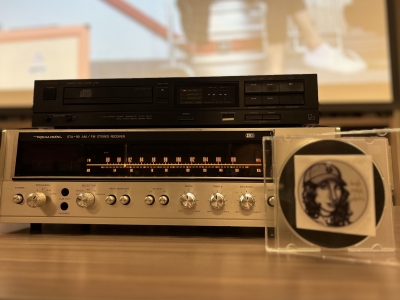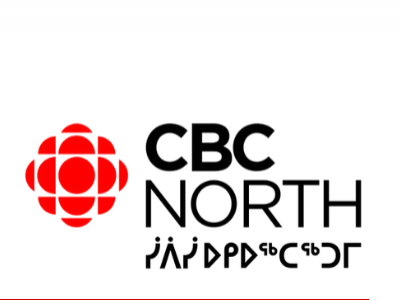From Iron Man to Captain America, comic book blockbusters have dominated the box office and gained massive profits for publishing and production companies alike— but what do we know about the original creators, artists, and designers of these comics?
Turns out, people like Jack Kirby (co-creator of Captain America) and Steve Ditko (co-creator of Spider-Man and Doctor Strange) are lucky to receive even symbolic gestures of acknowledgement for their work.
Benjamin Woo is studying the working conditions of today’s Kirbys and Ditkos, the creative professionals that produce comic books, webcomics, and graphic novels. “I’m trying to gather information about who makes comics and under what conditions,” he says.
As part of his project, Woo surveyed 570 creators, including artists, writers and editors working in the field of comics production. He gathered information like the creators’ age, gender, place of residence, as well as their economic well-being, job quality, and satisfaction. He’s also completed a round of follow-up interviews to add additional depth to his picture of what it’s like for creators trying to make a living from comics.
This project is part of a larger conversation in the cultural and creative industries about the perceived fairness of how rewards are distributed. That is, are creators getting their fair share of benefits compared with the large corporations that own the copyright to their imagination and skill? And who has access to these professions?
Woo is also interested in the growing group of creative professionals who are self-publishing their comics—and the increasing diversity of this group and their audiences. For example, the cartoonist Raina Telgemeier currently occupies five of the ten spots on the New York Times paperback graphic book bestseller list. Her comics target young adult audiences of mainly (but not exclusively) girls.
Once an aspiring cartoonist himself, Woo is a leading early-career researcher in the field of comics and graphic novels. He also researches contemporary “geek” or “nerd” subcultures, popular culture industries, and audience, reception and fandom studies.
Tuesday, January 31, 2017 in Research Profiles, Research Profiles Active
Share: Twitter, Facebook



